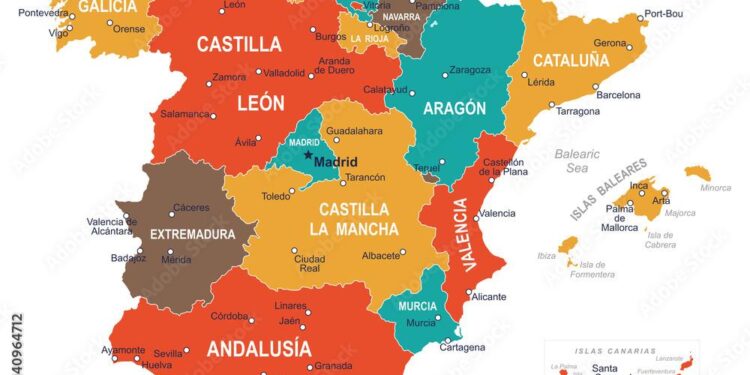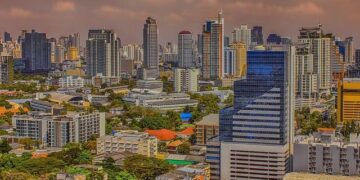Spain’s Economic Revival: Prosperity Shadowed by Persistent Inequality
Spain is witnessing a significant economic upswing, marked by impressive growth rates and a steady decline in unemployment, positioning it among Europe’s fastest-recovering economies. Thriving industries such as tourism, technology, and renewable energy are fueling optimism across major cities and commercial hubs. However, beneath this veneer of success lies a complex reality for many Spaniards. Escalating living expenses, housing shortages, and pronounced regional imbalances highlight the uneven spread of wealth and opportunity throughout the country. As Spain celebrates its financial resurgence, critical questions arise about who truly benefits from this progress. This article explores the multifaceted nature of Spain’s recovery while amplifying the perspectives of those still marginalized amid rapid change.
Economic Growth Amidst Widening Income Disparities
Despite Spain’s robust GDP expansion benefiting metropolitan areas and booming sectors like tech startups and tourism services, income inequality remains a pressing concern that tempers widespread enthusiasm. Many workers face stagnant wages even as job opportunities multiply in select fields. The gulf between prosperous urban districts and economically struggling rural or suburban neighborhoods continues to widen sharply.
Several key elements contribute to this growing divide:
- Job Market Polarization: While emerging industries generate new employment prospects, traditional sectors such as manufacturing experience contraction.
- Housing Market Pressures: Soaring real estate prices in cities like Madrid have made affordable housing increasingly elusive for low- to middle-income families.
- Inequitable Educational Access: Quality education remains unevenly distributed across regions—limiting social mobility for disadvantaged populations.
Government efforts—including recent minimum wage hikes and expanded social welfare programs—aim to mitigate these challenges but critics argue they fall short of addressing systemic disparities comprehensively.
| Industry Sector | Average Annual Salary (2023) |
|---|---|
| Information Technology | €57,000 |
| Cultural & Tourism Services | €32,000 |
| Civil Engineering & Construction | €29,500 |
| Agricultural Workforces | €23,000 |
Without targeted reforms promoting equitable wealth distribution across all sectors and communities alike, Spain risks entrenching socioeconomic divides despite overall economic gains.
Urban Prosperity Contrasted with Rural Decline: Regional Economic Imbalances Deepen
The nation’s economic revival has been largely concentrated within urban centers such as Madrid and Barcelona where infrastructure investments flourish alongside cultural dynamism. Conversely, many rural provinces continue facing population decline coupled with limited access to essential services including healthcare facilities and quality schools—a trend exacerbating feelings of neglect among residents outside metropolitan zones.
Key contributors to these regional disparities include:
- Inequitable Public Investment: A disproportionate allocation favors city projects over rural development initiatives.
- Lopsided Employment Opportunities:The majority of new jobs cluster in urban areas prompting youth migration away from countryside communities.
- Dwindling Educational Resources:The closure or consolidation of rural schools restricts learning options for younger generations.
Population growth statistics underscore this divergence clearly:
| Region/Area | Population Change Rate (2023) |
|---|---|
| +3.7% | |
| +3% | |














